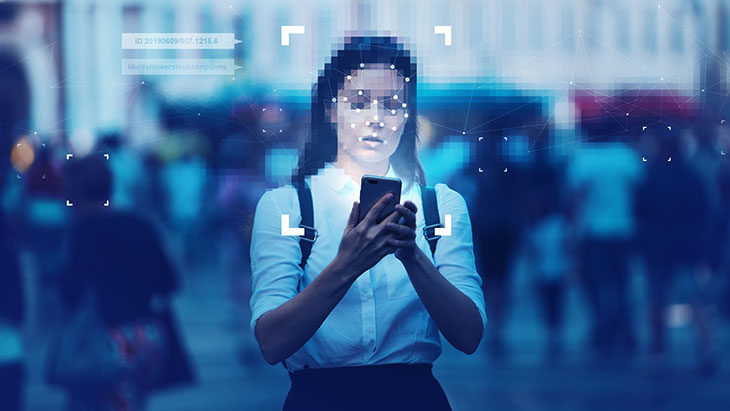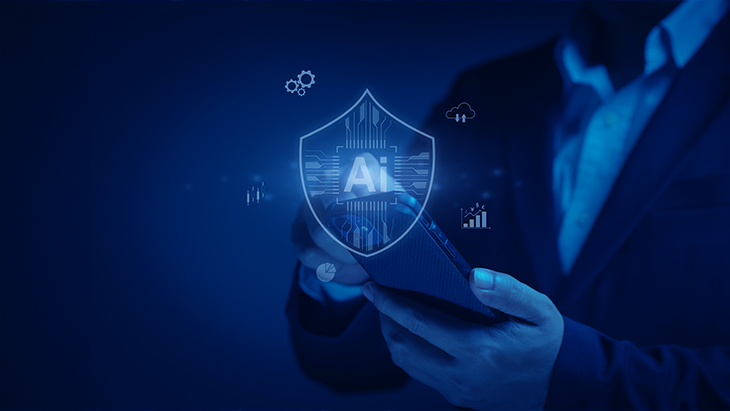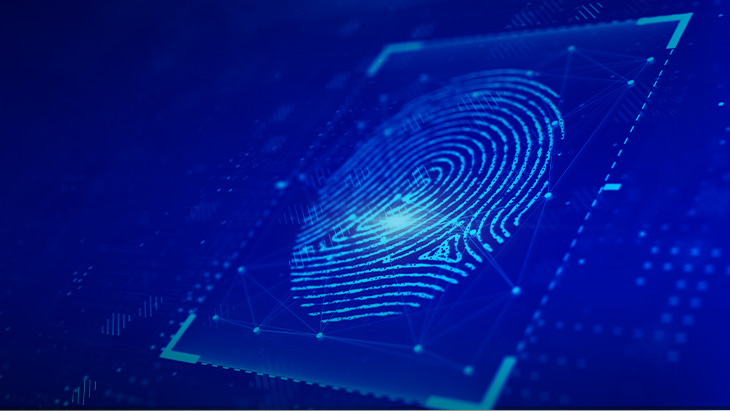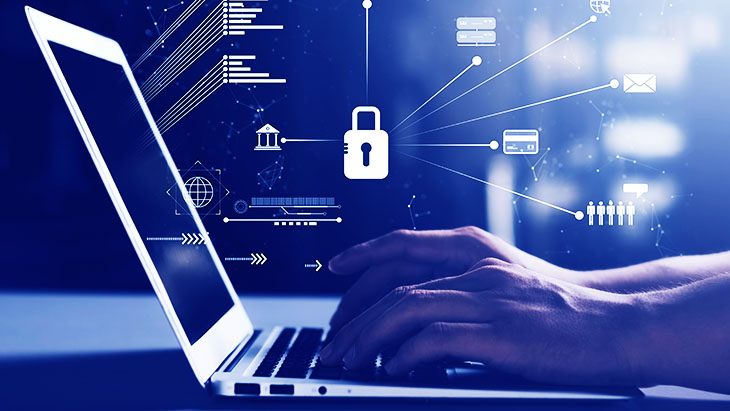
5 Differences Between Data Security and Data Privacy
The concepts of privacy and security can often be confused with each other in the digital world, especially when it comes to data privacy and data security, where it’s often thought that the two are the same. However, even if these two concepts have various connections with each other, they should be evaluated under separate categories, so it is clearly understood what should be considered while ensuring data privacy and which methods should be used for data security.
With Industry 4.0 technologies continuing to take up space in both corporate and individual life, it is a must to keep up with the digital age. On the other hand, as with the original industrial revolution, the current information age has its own shortcomings and concerns. Data privacy and data security are at the top of these concerns. Not understanding the 5 fundamental differences between data privacy and data security can cause companies and individuals to damage their reputation and experience financial loss.
1. Data Privacy is Effective in Theory, Data Security is Effective in Practice
Data privacy can be defined as a set of rules that predetermine how your corporate or personal information should be used. All companies need a framework for how data can be used. For this reason, data privacy has a feature that binds both you and other parties. Considering that all these processes are a result of agreements and acceptances, you can consider data privacy as a theoretical step.
Data security, on the other hand, addresses the aspects of your existing data that are outside the range of the data privacy agreement. For instance, the confidentiality agreement can guarantee that your information will not be shared with different organizations, but it may not make any commitment to protect your information from possible cyberattacks. Therefore, in order to ensure data security, it is necessary to implement various software or hardware solutions that are constantly being updated and developed. This turns data security into a dynamic concept.
2. Data Privacy Agreements are Built on Data Security Practices
To elaborate on the previous bullet, data privacy can only be achieved through agreements on paper or digital media. For instance, when users visit a website, they may need to accept cookies or read and approve a form regarding the processing of personal data. These are all called data privacy agreements. Agreements alone are not enough to ensure data security, so you need to get support from cyber security solutions like identity or access management products, antivirus programs, and similar applications.
3. There are Limits to Data Privacy, Data Security has No Limits
Details such as what kind of information is needed, for what purpose, and where this information will be used are listed and clearly expressed in data privacy agreements. So, when the user approves a data privacy agreement, they know where the limits on their personal information begin and end. However, data security is constantly evolving, and may vary according to current cyber threats or cyberattacks. As there is no limit to malicious people and software, there is also no limit for cyber security solutions.
4. Data Privacy is Predictable, Data Security is Open to Possibilities
In connection with the previous topic, you can anticipate many things because you know what the data privacy agreement articles cover and what might happen when they are out of scope. In data security, while there are dozens of external threats from fileless malware to DDoS, viruses to Trojans, flawed internal access security applications can also create internal threats. Therefore, it can be difficult to predict when and by what methods personal data may be hacked. This requires companies responsible for protecting your data to always be vigilant, and consider new protection methods against emerging threats while detecting and eliminating existing risks.
5. Data Privacy is Constant, Data Security is Continuously Improving
Considering all these topics, data privacy is a fixed contract with previously known rules and details, which are directly related to the law. There may only be a decrease, change, or increase in the scope of the relevant agreements over time, and it is mandatory to inform the parties and obtain their approval again should any of these changes occur. As data security is engineered through software or hardware applications, it is always being developed and gains new features with new technologies.
Developed by expert engineers with effective R&D investments and innovative perspectives, Single Connect allows you to ensure end-to-end data security in your company. If you want to ensure your data security and protect your company from internal and external cyber threats effectively, you can benefit from Single Connect, one of the world's top-notch Privileged Access Management (PAM) solutions. Contact us to learn more about Kron's cyber security solutions.













